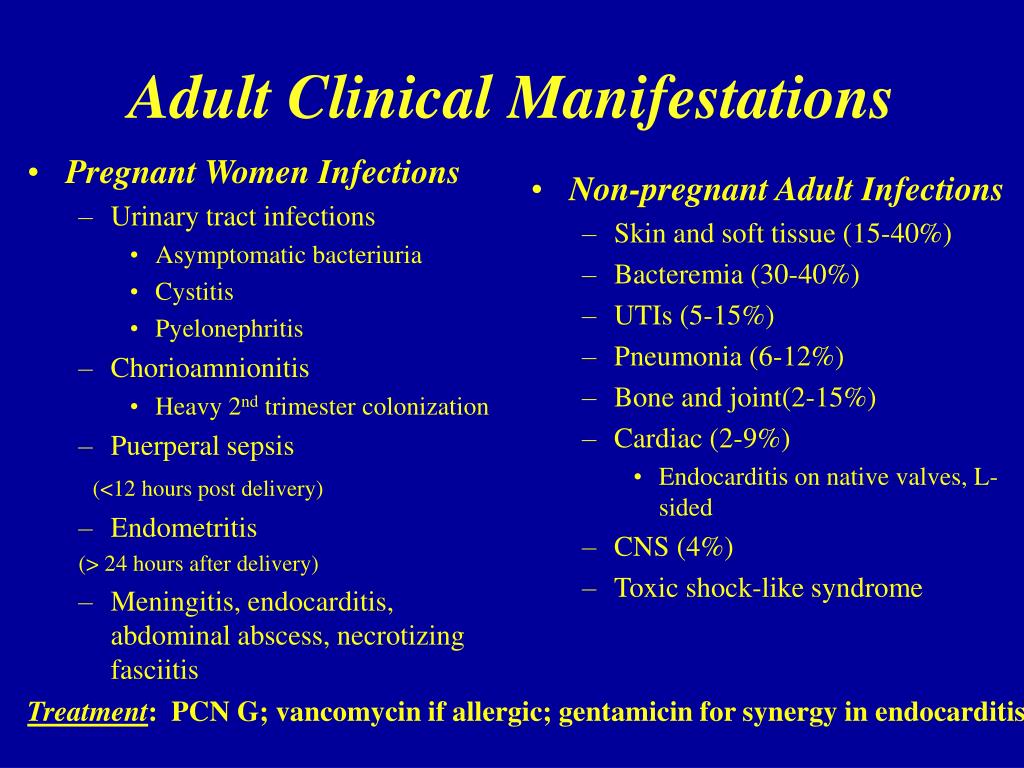Table of Content
Stress and fear only make breathing more difficult for your sick child. Let’s take a look at the symptoms and possible complications as well as effective ways to naturally prevent and treat croup. Croup cough natural remedies are thankfully easy, inexpensive and free from harmful side effects. The respiratory infection known as croup is usually seen in children but can, on rare occasions, occur in adults. Croup is an infection that affects your breathing and causes a distinct “barking” cough. It usually impacts young kids, but in rare cases, adults can develop croup too.

Adding humidity to the air can help ease the symptoms of croup. While the infection tends to resolve on its own within a few days, symptoms — including a cough — may linger for a few weeks. Croup often occurs in children, typically between the ages of 6 months and 3 years.
How to Get Over Jet Lag Symptoms
Find out whether an urgent care center or the emergency department is the best choice for your child. Children with mild croup usually improve in three to seven days. It’s important to keep your baby hydrated if they have croup. Warm, clear fluids can help loosen mucus and take pressure off their vocal cords.
There are few children who are admitted to the hospital for recurrent treatment and observation, and the most severe cases may need additional breathing support. Croup is a viral respiratory infection common in children up to three years old. Rest, fluids and humidifiers are often the best treatment for croup.
How Long Does Croup Last?
While home remedies may help resolve a croup infection and relieve the symptoms, it is important to consider potential risks. It may be best to sleep next to the baby to listen for any signs of stridor and adjust them as needed. Adding humidity to the air may help lubricate the airways and make the cough less severe.

And most of all stay calm because that will help your child stay calm as well. For instance, do not put a child’s head over a steaming pot of water. This can expose their sensitive skin to very high temperatures and potential burns. There are adult and children versions of many of these medications, with different formulas and dosage instructions.
Ruling out other conditions
Treatments that are appropriate for adults are often unsuitable for children, such as using potent-smelling creams or essential oils to open the airways. Croup is a viral upper respiratory infection that affects an estimated 3 percent of all children ages 6 months to 3 years old. Ask your health care provider about the right dose if you're not sure. The virus can be transmitted through close contact with infected people, as well as contaminated objects and surfaces. As with many airborne viruses, the parainfluenza virus is often spread by breathing in droplets from infected coughs or sneezes. Croup is a respiratory infection that affects children mainly during the fall and winter months.

However, their cough can keep you up for one or two nights, and they need to stay at home for several days, but it does not take them long to recover. Coughing spasms are often due to sticky mucus caught in the vocal cords, so the warm fluids may actually help relax the vocal cords and loosen up that mucus. Children over 12 months old can be given some honey on a spoon to help, but never give honey to babies. A humidifier, not a hot vaporizer, but a cool mist humidifier also will help with getting the swelling down. If it's not cold outside, you can actually hold your child in front of an open freezer door and have them take a few deep breaths in.
What to Expect if Your Child Gets RSV
Although there is no medical evidence that this improves symptoms, many parents find it helpful. It usually starts with cold symptoms but moves into the lungs. Swelling around the windpipe and voice box in a child's smaller airways make it harder for them to breathe. Breathing issues with croup are worse when your child is upset or anxious. This is different than the wheezing that occurs when a child has difficulty breathing air out of the lungs.

When your child has croup, the hoarseness and the bark are actually caused by the opening of the vocal cords becoming more narrow. It's like the space between the vocal cords went from being that of the diameter of a straw to that of being the diameter of a coffee stirrer. Medical News Today has strict sourcing guidelines and draws only from peer-reviewed studies, academic research institutions, and medical journals and associations. You can learn more about how we ensure our content is accurate and current by reading our editorial policy. High-pitched breath sounds are whistling sounds in a person’s airways. They’re caused by air being forced through blocked or inflamed airways.
The symptoms could also indicate tracheitis , which also requires immediate medical attention. Some of these symptoms may indicate a potentially life-threatening underlying condition called epiglottitis . Croup can usually be diagnosed by a GP and mild cases can be treated at home. There are a number of conditions that can follow croup, such aspneumonia and middle ear infection.
If your child has breathing problems they may need hospital treatment, such as adrenaline and oxygen through a mask. Most croup will go away by itself, but parents should steer clear of treating croup with over-the-counter cough or cold medicines. If your child has wheezing, labored breathing or stridor, an abnormal, high-pitched, musical breathing sound, Dr. Giuliano recommends trying a couple of things at home. In the more serious cases of croup, children can develop a harsh, raspy, vibrating wheeze when they inhale, which is called stridor. Your child will usually have cold-like symptoms to begin with, such as a temperature, runny nose and cough.
Similar to vitamin C, probiotics help boost children’s immune system and are significantly essential home remedies for croup. In addition to water, you also consume more other warm liquids such as soups, apple juice, lemon juice or herbal tea to get rid of croup. Many essential oils are known to be potent in helping with croup thanks to their antiviral, antifungal and antibacterial properties.

Your child likely will need to be observed in the emergency room for several hours to see if a second dose is needed before going home. As with milder cases of croup, oral dexamethasone or prednisolone will usually be given to help reduce any swelling in your child’s airways. If your child has severe croup, they may be given adrenaline through a nebuliser. This will help improve symptoms within 10 to 30 minutes and the effects should last for up to two hours. A nebuliser allows your child to breathe the medication as a mist. Steam treatment is not advised for the treatment of croup.
No comments:
Post a Comment